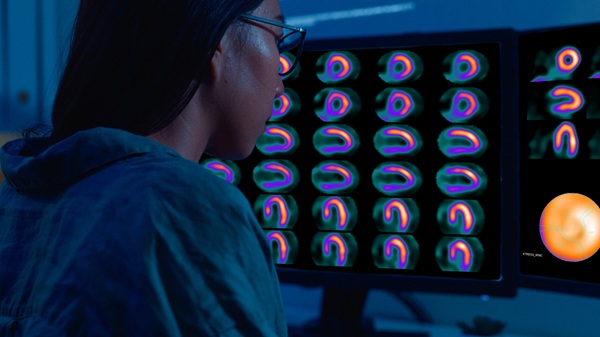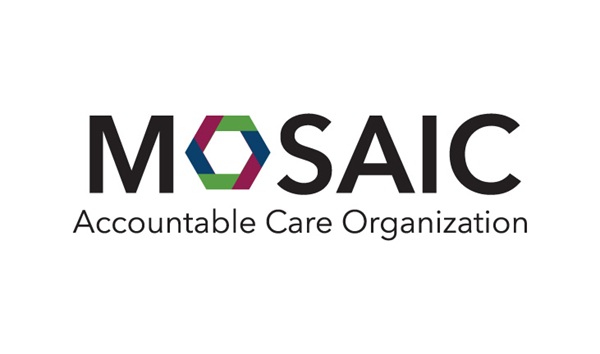Study: Burnout Impacts Transplant Surgeons
DETROIT – Despite saving thousands of lives yearly, nearly half of organ transplant surgeons report a low sense of personal accomplishment and 40% feel emotionally exhausted, according to a national study on transplant surgeon burnout.
The Henry Ford Hospital findings are published this month in the American Journal of Transplantation. Senior staff psychologist Michelle Jesse, Ph.D., led the Henry Ford Transplant Institute study, with liver transplant surgeon Marwan Abouljoud, M.D., and Henry Ford senior staff psychologist Anne Eshelman, Ph.D.
“Burnout is common in medicine, especially in high-pressure specialties like transplantation,” says Dr. Abouljoud, director of the Henry Ford Transplant Institute. “Organizations who employ those at increased risk for burnout should develop systems to prevent it and develop sustainable workforces.”
Burnout is characterized by high emotional exhaustion, high depersonalization and low levels of personal accomplishment, Dr. Jesse says, explaining people with burnout often feel emotionally drained, overextended and distance themselves from their patients.
In the survey of 218 transplant surgeons – 86.7% men, ranging in age from 31 to 79 – 46.5% reported a low sense of personal accomplishment. Additionally, 40% of the transplant surgeons reported feeling a high level of emotional exhaustion. Yet only 17% of transplant surgeons reported high levels of depersonalization.
“This combination suggests that transplant surgeons are extremely invested in and engaged with their patients but they are frustrated by the process,” Dr. Jesse says.
She explained that transplant surgeons’ patients are often critically ill, take a long time to recuperate and sometimes die waiting for an organ, all which could affect feelings of personal accomplishment. Transplant surgeons who reported higher levels of personal accomplishment, felt more control in their work life and had more support from co-workers. Although they often had to talk with patients about difficult and stressful medical issues, they were more comfortable and prepared for these discussions than surgeons who were more burned out.
“Difficult patient interactions – like patients and families angry or crying while discussing end of life decisions – are not uncommon for transplant surgeons,” says Dr. Jesse. “Those are hard conversations to have with patients who are sick. Our data suggests that those who are more comfortable with those conversations may be at less risk for aspects of burnout.”
Surgeons who reported greater depersonalization also reported less co-worker support and more discomfort with difficult patient interactions. Transplant surgeons who felt more emotionally exhausted said they had greater psychological demands, less co-worker support and less decisional authority.
Henry Ford researchers expect to continue to study multi-faceted approaches to addressing the issues of burnout in transplant surgeons.
“It’s about creating a culture that allows them to thrive and supports them,” Dr. Jesse says. “First we have to understand what contributes to the development of burnout and then tailor interventions to their needs.”
More information available at the Henry Ford Transplant Institute.
CONTACT:
Tammy Battaglia
(248) 881-0809
Tammy.Battaglia@hfhs.org
.svg?iar=0&hash=F6049510E33E4E6D8196C26CCC0A64A4)

/hfh-logo-main--white.svg?iar=0&hash=ED491CBFADFB7670FAE94559C98D7798)







